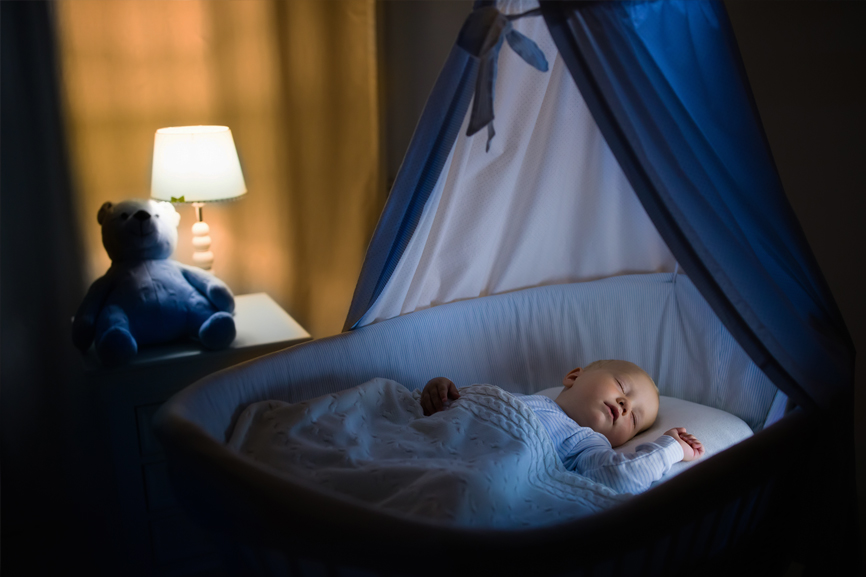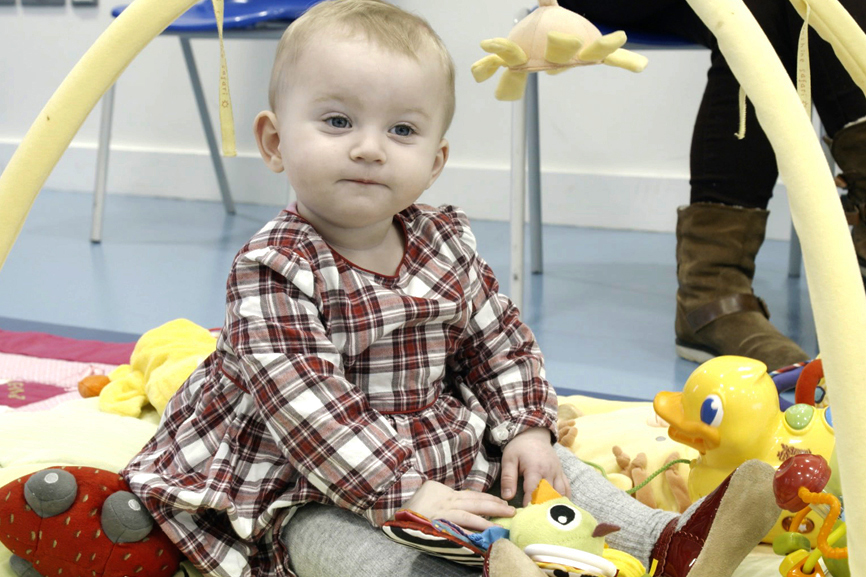
Infections
Premature babies are at particular risk of infection because their immune systems are still developing. It is important to maintain good standards of hygiene during your baby’s early months and years.
Here are some tips to help you reduce your baby’s risk of infection during the early weeks after you bring your baby home from hospital:
- The most important thing you and your family can do for your new premature baby is to wash your hands often and thoroughly with soap and water. This is particularly important after changing nappies, preparing food, or going to the toilet. Other family members should do this, too. If you are unwell you should wash your hands more often.
- Visitors: In the early weeks you may want to limit visitors. Ask visitors to wash their hands when they come in to your home. They will understand. It is not possible to prevent your baby from coming into contact with all infections. However, you should try to avoid contact with other adults and children with cold-like symptoms (such as a runny nose, sneezing or feeling generally unwell) or who have had a stomach upset. In the early days it may be a good idea for only those closest to you to hold your baby.
- Getting out and about: In the early weeks keep your baby away from overcrowded areas, such as shops and restaurants. Try to visit public spaces such as GP surgeries or baby clinics at quiet times when your baby will come into contact with fewer people. Try to avoid situations with lots of young children, such as playgroups or schools.
- If you have pets, try to keep them away from your baby during the first few weeks.
At times you will have to balance practicality with the ideal situation. These tips may sound straightforward, but each family’s situation is different. As your baby gets stronger you will worry less about infection.
For information on immunisations speak to your health visitor. Information on the routine schedule for vaccinations can be found on the NHS website
Car Seats
If you have your baby in hospital, you will need the car seat to drive your newborn home safely. It’s important to buy one that fits your car and is suitable for a newborn. You’ll find lots more advice on the RoSPA child car seat safety website. RoSPA child car seat safety website.


First Aid & Life Support
Premature babies are at higher risk for medical emergencies because of their still fragile health. It is important that you and your baby’s most frequent caregivers have first aid and basic life support skills. Information on first aid and basic life support for babies is available from NHS Choices and basic life support is available from St John Ambulance: CPR for babies
Sudden infant death syndrome (SIDS), also known as cot death
SIDS is a syndrome in which apparently healthy babies die in their sleep, usually during the first six months of life. Premature babies are at higher risk for SIDS and for slightly longer than full-term babies. It’s not known exactly what causes SIDS, but we do know a number of things that help reduce it. Since the following guidelines were put in place in 1991, the number of cot deaths has reduced drastically. SIDS is rare, so don’t let it stop you enjoying your baby’s first months. Follow the advice below to reduce the risks as much as possible.
How to reduce the risk of SIDS
- Place your baby on their back to sleep in a cot in the same room as you for the first six months.
- Don’t smoke let anyone smoke in the same room as your baby.
- Don’t smoke if you are breastfeeding.
- Don’t share a bed with your baby if you’ve been drinking alcohol, if you take drugs, or you’re a smoker.
- Never sleep with your baby on a sofa or armchair.
- Don’t let your baby get too hot or too cold.
- Keep your baby’s head uncovered. Their blanket should be tucked in no higher than their shoulders.
- Place your baby in the “feet to foot” position (with their feet at the end of the cot or Moses basket).
More info at NHS Choices.
Do I need an apnoea alarm?
Babies are not usually discharged from hospital if they are still having episodes of not breathing (apnoea), however, some parents decide to buy an apnoea alarm once they return home in case their baby stops breathing. This is a special pad that attaches to the mattress and monitors your baby’s breathing, alerting you if your baby has not breathed for 20 seconds or more.
Healthcare professionals tend not to recommend these alarms as they can raise anxiety unnecessarily (for example, if the baby rolls off the pad it may seem as if they have stopped breathing).


Looking Ahead
Over time you will begin to think about day care, playgroups and nursery. Your health visitor is best placed to give you advice on locally available day care settings, playgroups and nursery etc. However, often the best advice will come from family and friends who have already been there! Talk to others who will be able to help you decide what might be best for you and your baby. Within Northern Ireland there are a number of organisations to help you. Some examples include: Family Support NI, Northern Ireland Childminders Association and advice from the government. Please see our support services section here.
This section was written by Dr Jenny McGowan
Info sources
Tommy’s | NHS Choices | Family Support NI | NICMA | nidirect.gov.uk